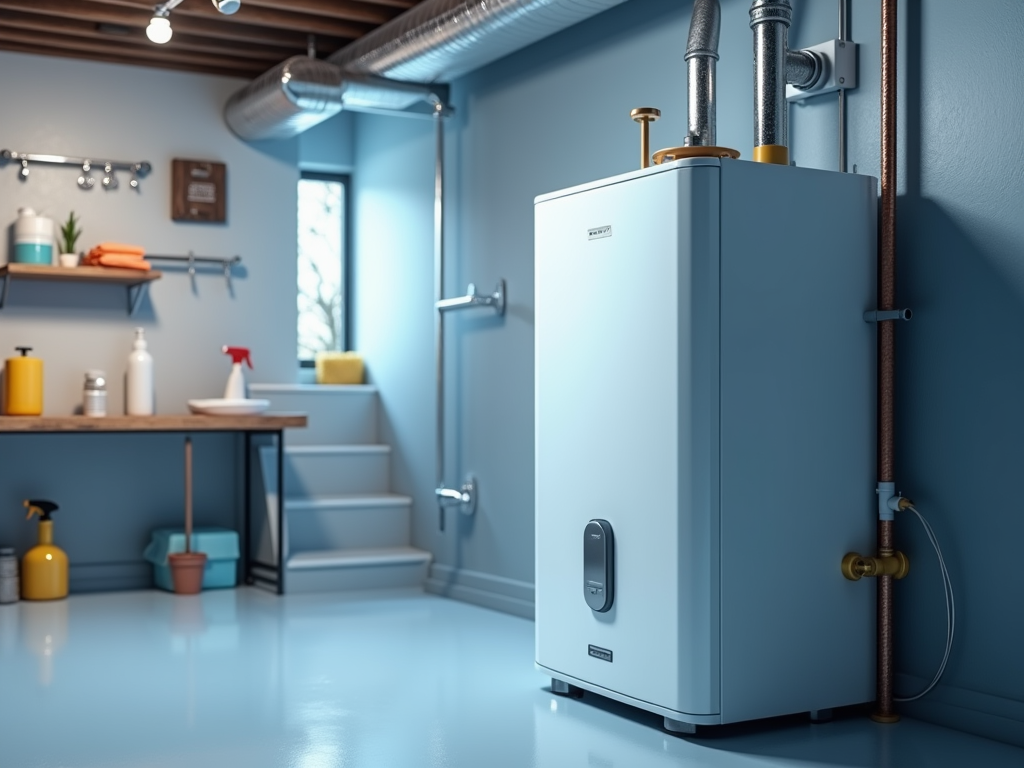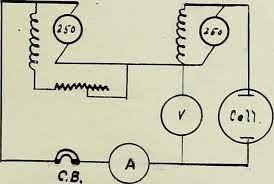Water heaters are essential appliances in our homes, providing hot water for showers, dishwashing, and laundry. On average, traditional tank water heaters last between 8 to 12 years, while tankless models can last up to 20 years with proper maintenance. However, various factors can influence the longevity of your water heater, including usage, maintenance, water quality, and installation. Understanding these elements can help you make informed decisions about your appliance’s care and replacement. In this article, we will explore the lifespan of water heaters, the factors that affect their durability, maintenance tips, signs of failure, and when to consider replacement.
The Average Lifespan of Different Types of Water Heaters

When considering which type of water heater is best for your home, it’s crucial to understand their average lifespans. The two main types—tank and tankless water heaters—each have differing life expectancies:
- Tank Water Heaters: Typically last between 8 to 12 years.
- Tankless Water Heaters: Can last up to 20 years if maintained properly.
- Heat Pump Water Heaters: Usually have a lifespan of 10 to 15 years.
- Solar Water Heaters: Can last around 20 years with proper care.
Choosing the right water heater for your needs can significantly influence how often you’ll need to think about repairs or replacements. Additionally, newer models often come with advanced technologies designed to extend their lifespan and enhance efficiency.
Factors Affecting Water Heater Longevity

Several factors come into play regarding how long your water heater will last. Understanding these elements is vital for maximizing your appliance’s lifespan:
- Type of Water Heater: As previously mentioned, tankless models generally outlast their tank counterparts.
- Water Quality: Hard water can lead to sediment buildup, damaging the heater over time. Regular flushing can mitigate this issue.
- Usage Patterns: Heavy usage can strain the unit, leading to premature wear and tear.
- Maintenance History: Routine maintenance, such as flushing the tank and checking the anode rod, can significantly extend a water heater’s life.
- Installation Quality: Professional installation is essential, as improper installation can lead to future issues and inefficiencies.
By paying attention to these factors, you can take proactive steps to enhance the lifespan of your water heater and prevent costly repairs or replacements.
Maintenance Tips to Extend Your Water Heater’s Life
Regular maintenance is key to prolonging the life of your water heater. Here are some essential tips to keep your unit operating smoothly:
- Flush the Tank Annually: Remove sediment buildup by flushing your tank once a year.
- Check the Anode Rod: Inspect and replace the anode rod every few years to prevent corrosion.
- Insulate the Heater: Insulate your water heater and pipes to reduce energy costs and improve efficiency.
- Inspect the Pressure Relief Valve: Test the valve annually to ensure it functions correctly.
- Keep the Area Clear: Ensure the area around the heater is free from flammable materials and clutter.
By adhering to these maintenance practices, homeowners can significantly extend the life of their water heaters, ensuring consistent hot water availability while minimizing energy consumption.
Signs That Your Water Heater May Need Replacement
It’s essential to be aware of the signs indicating that your water heater may be nearing the end of its life:
- Age: If it’s nearing or surpassing the average lifespan for its type, consider planning for a replacement.
- Rusty Water: If the hot water appears rusty, it may signal internal corrosion.
- Strange Noises: Banging or popping sounds often indicate sediment buildup.
- Leaks: Any visible leaks or pooling water near the heater warrant immediate attention.
- Inconsistent Water Temperature: If your water is often lukewarm or cool, it may be time for a replacement.
Recognizing these warning signs early can save you from unexpected breakdowns and costly emergency repairs, allowing for a smoother transition to a new unit when the time comes.
Conclusion
Understanding how long water heaters last, along with the factors that influence their lifespan, is crucial for every homeowner. By choosing the right type of water heater, performing regular maintenance, and being vigilant about signs of aging, you can prolong the life of your unit significantly. If you notice persistent issues or your water heater is approaching the end of its life expectancy, consulting with a professional for guidance on replacement can help you make an informed decision.
Frequently Asked Questions
1. How can I tell if my water heater is going bad?
Look for signs such as rust in the water, leaks, strange noises, inconsistent water temperatures, or if it’s nearing its average lifespan.
2. What is the lifespan of a tankless water heater?
Tankless water heaters typically last up to 20 years with regular maintenance.
3. Can water quality affect my water heater’s lifespan?
Yes, hard water can lead to sediment buildup and corrosion, ultimately shortening the lifespan of your water heater.
4. How often should I flush my water heater?
It is recommended to flush your water heater at least once a year to prevent sediment buildup and enhance efficiency.
5. Is it worth repairing an old water heater?
Typically, if your water heater is over 10 years old and requires frequent repairs, it’s more cost-effective to replace it rather than continue investing in repairs.



